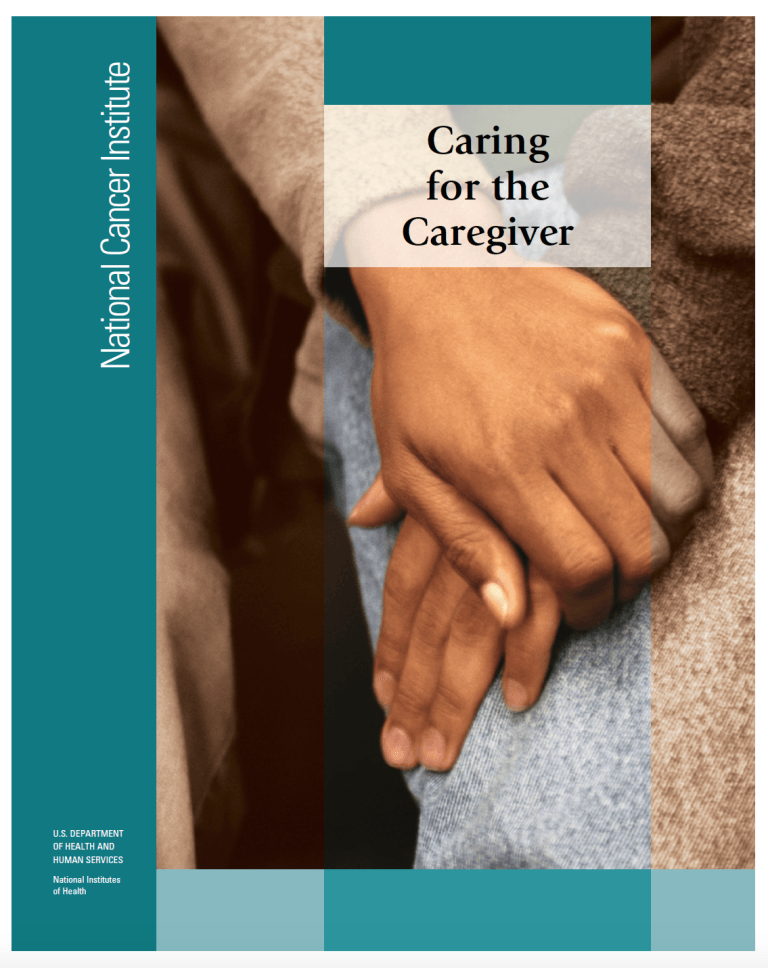Caregivers are individuals who provide care to chronically ill or disabled family member or friends. Caring for a loved one who has been diagnosed with cancer presents many unique challenges. Helping someone go through a cancer diagnosis, treatment, and
recovery requires understanding, encouragement, patience and energy. Caregivers become part advocate, nurse, organizer, and financial analysis in addition to maintaining their other responsibilities. Caring for someone with a life-threatening disease
can be emotionally and physically draining. Caregivers burn-out can occur even when caring for a dearest loved one. For This reason, you are encouraged to:
Take control of your life. You must remember to continue to live your life and not allowed it to completely revolve around your loved one’s illness.
- Remember to take care of and be kind to yourself. The job you are performing is difficult and can be taxing. It is important for you to have personal quality time to do what you like, for you.
- Be aware of how you are feeling emotionally Depression is common for individuals in your position.
- Seek professional help immediately if you are experiencing signs of depression .
- Accept assistance from others when offered and make specific suggestions as to what they can do.
- Get educated. The more you know about your loved one’s condition the more empowered you wheel.
- Support your loved one’s independence. Caring for somebody does not necessarily entail doing everything for them New technologies and ideas provide options that help promote a healthy level of independence.
- Listen to your heart. Your gut instincts most often lead you in the right direction.
- Allow yourself to grieve. Then allow yourself to move forward and dream of new possibilities and experiences.
- Seek support from other caregivers and obtain strength and comfort in the understanding of others in similar situations You are not alone.

Support for Caregivers
American Cancer Society – Excellent website with a wealth of knowledge, resources, and support for patients
and caregivers.
Cancer Support Community – Provides a place where anyone impacted by cancer can find support, education and hope. The Cancer Support
Community offers a way to connect with others through more than 20 cancer message boards and a special space for teens impacted by cancer.
Cancer Survivors Network – An online community of people whose lives have been touched by cancer. Find and connect with others through their member search, discussion boards,
chat rooms, and private CSN e-mail.
MyLifeLine.org – Cancer patients and caregivers can connect with family and friends, allowing them to share their cancer journey, get support, and focus on
healing. When you set up a free webpage, you can share updates and photos with selected family and friends in one secure place; get the help you need by organizing meals, rides to treatment, and more through the Helping Calendar; feel empowered by
messages of love and support from friends and family; review and share cancer resources vetted by experts. These free personalized webpages will help empower your family and friends to be a stronger support community for you.
National Cancer Information Center (NCIC) – The National Cancer Information Center provides information and support to those facing
cancer 24 hours a day, 365 days a year. Trained cancer information specialists are available via phone, or live chat, providing accurate, up to date cancer information to patients, family members, and caregivers and connecting them with valuable services
and resources in their communities.
UTSA Sarabia Family Counseling Center – The Sarabia Family Counseling Center (SFCC) offers free counseling services to the community for
individuals, couples, and families. Services are provided by master and doctoral level counseling students and are supervised by university faculty.

